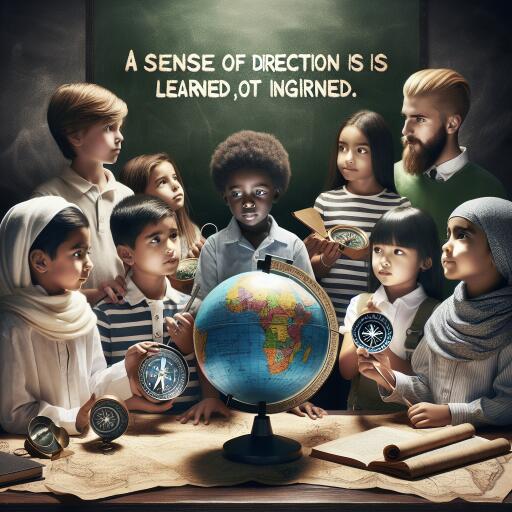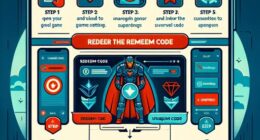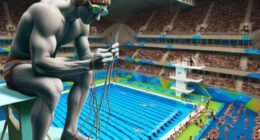A Sense of Direction: Learned Skills Over Innate Ability
Gone are the days when I would spend my summers tucked away indoors, an aversion to the traditional outdoor adventures that seemed to define most childhood experiences. My preferred arena was the imaginative world of theater camp, supplemented by the intellectually stimulating realms of “super nerd camp”. This deviation from the norm led me to ponder the impact of such choices on my navigational skills—or apparent lack thereof.
Recent studies have shed light on the developmental aspects of our sense of direction, strongly suggesting that an enriched environment plays a pivotal role over any purported innate ability. This perspective is bolstered by groundbreaking research spearheaded by Hugo Spiers, a renowned cognitive neuroscientist. Spiers and his team developed “Sea Hero Quest”, a mobile game that challenged players to navigate through intricate waterways, marking an innovative approach to studying navigational skills on a global scale.
The data, gathered from nearly four million participants, illuminated the significant impact of cultural and environmental factors on navigational abilities. A standout observation was the adeptness of individuals from Nordic countries, potentially attributable to the popularity of orienteering, an activity that melds the physical exertion of cross-country running with the mental challenge of navigation. Moreover, a distinction in navigational prowess was noted between urban dwellers and their countryside counterparts, with the former often disadvantaged by the simpler, grid-like layout of many modern cities.
Addressing the longstanding stereotype of gender disparities in navigation, the research pointed to cultural and experiential factors rather than genetic predispositions. Notably, in societies with high gender equality, such as those in Nordic regions, the gap in navigational skills between men and women nearly vanishes. This contrast is stark against the backdrop of societies where women’s mobility and independence are significantly restricted, highlighting the role of freedom and experience in shaping one’s ability to navigate.
The characteristics of effective navigators extend beyond simple orientation. Proficiencies such as accurately gauging distances, retaining mental or physical maps, recognizing sequences of landmarks, and conceptualizing the relative positioning of various points are paramount. The interplay between “route knowledge”—navigating using landmarks—and “survey knowledge”—the ability to form and utilize mental maps—is critical for adept navigation.
Experts, including cognitive neuroscientist Steven Weisberg, emphasize the versatility of skilled navigators in switching between strategies based on the demands of the environment. This flexibility not only enhances one’s ability to navigate unfamiliar settings but also underscores the importance of a diverse set of navigation strategies over reliance on a single approach.
While my own experiences may have initially limited my direct engagement with natural environments, thereby affecting my sense of direction, they have concurrently fostered a different kind of navigational prowess—one deeply rooted in the narrative structures and emotional landscapes of theater. This adaptation reminds us of the broader concept that skills can be developed and honed through varied experiences.
In an era where reliance on technology, particularly GPS, threatens to atrophy our navigational skills, the insights from recent research offer a constructive reminder. Even as we benefit from the convenience of digital navigation, there’s an inherent value in preserving and developing our innate ability to navigate the world through landmarks and mental mapping. Embracing challenges, engaging with diverse environments, and occasionally setting aside technological crutches can enhance our navigational skills, ensuring we’re as adept at finding our way in the physical world as we are in the virtual ones.
In conclusion, the journey to becoming a proficient navigator is as much about embracing the richness of our experiences as it is about developing specific skills. Whether through traversing the great outdoors or navigating complex narrative arcs, the path to mastering our sense of direction is both learned and endlessly fascinating.










